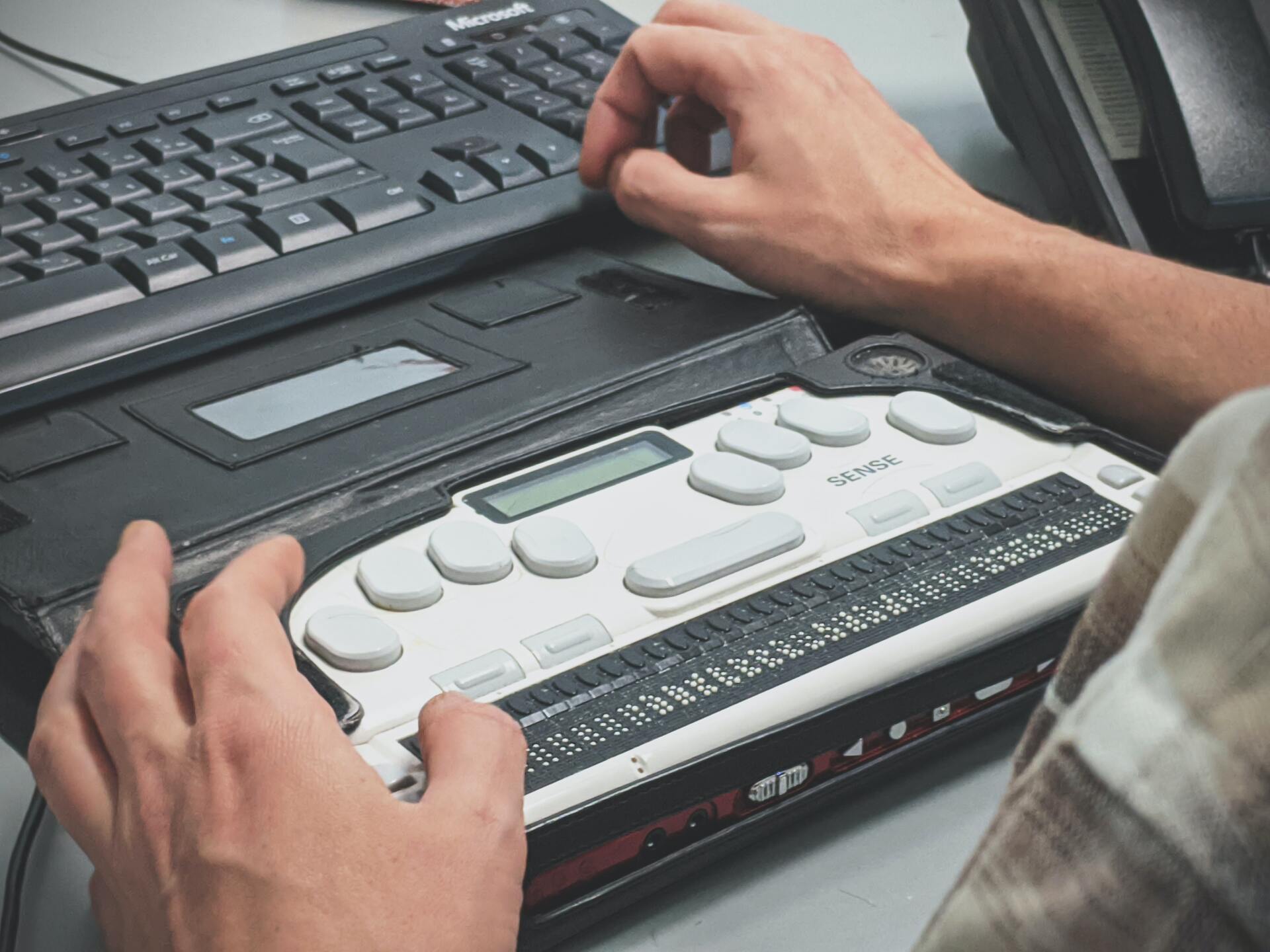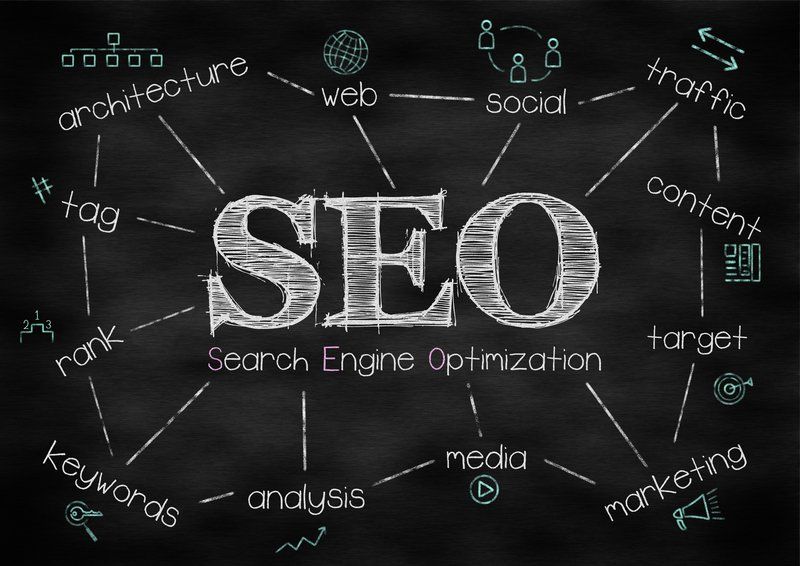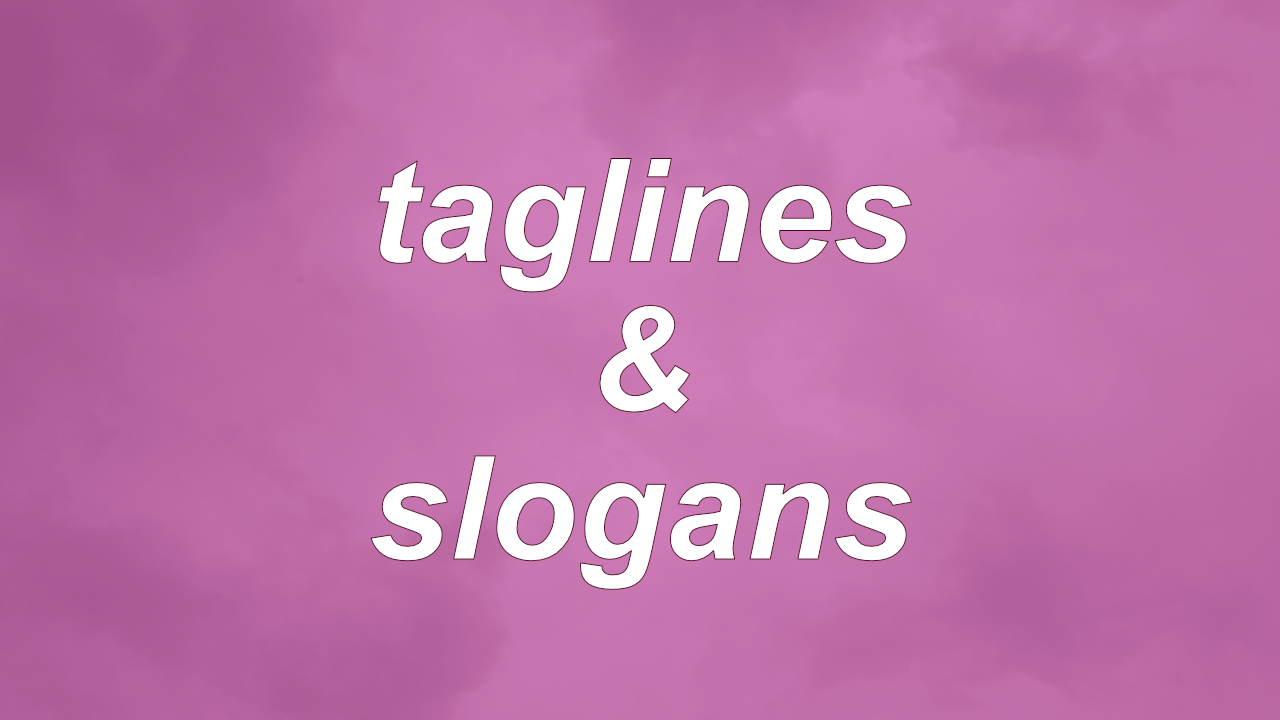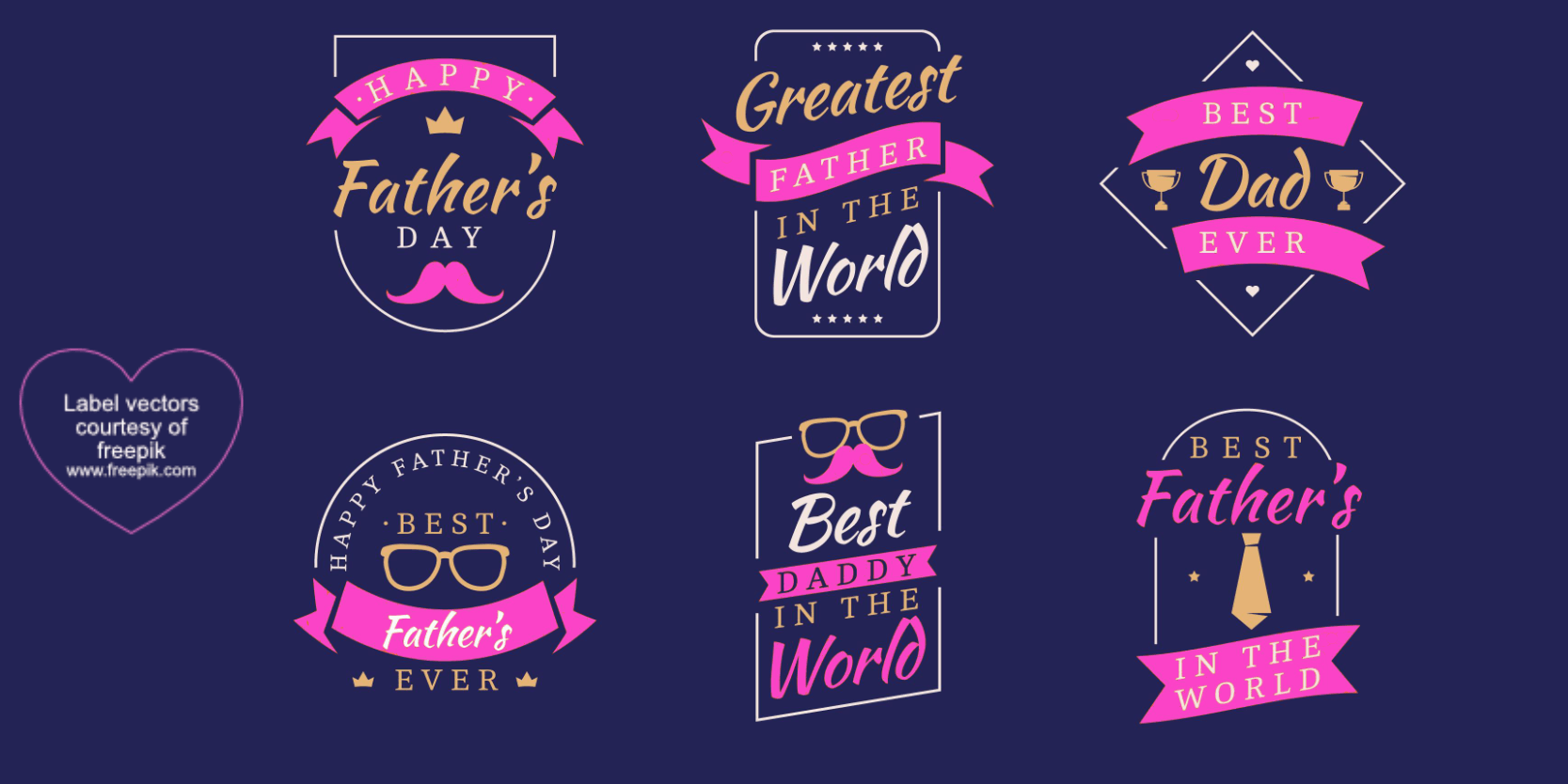A rose by any other name…is not the same
The pitfalls of branding. My story.
Question:
Answer:
Going through the process to pick a unique and memorable company name is not easy...but it's not that hard either if you're a lexophile like me.
I just sat in my kitchen and did some brainstorming.
With the words "Virtual Assistance" and "Small Business" in mind, I came up with about a dozen names in about 5 minutes.
Then I went to Godaddy and searched for domains with those names. My favorite "BizAssist.com" was taken, and "BizAssistant.com," and "BizAssistance.com" have been cyber-squatted on and were being sold off at over $2,500 each. I could have purchased BizAssistant.us or BizAssistant.guru or BizAssistant.online, but I really wanted a dot com domain.
To that end, I decided to coin a new word by mashing together Business ("Biz") with "assistance"...and Bizisstance was born! I actually bought "Bizisstance.com" first and created a logo and got my business email all set up. I even had the business cards printed. I signed up for online services with that new email. I drafted a pamphlet that I showed to some friends for feedback. They all struggled with pronouncing "Bizisstance." Wake up call. That is not good. No one is going to recommend your company if they can't pronounce it.
Luckily, it was an easy fix. I changed the spelling to "Bizzistance" (with two Zs instead of one and one S instead of two) and, instantly, it was easier to read and pronounce. The change, while easy, wasn't quite free.
I had to edit my logo and regenerate all the necessary file formats (e.g., jpg, png, svg, pdf). I had to purchase a new domain. I had to have new business cards printed. I had to go back to town hall to update my DBA business certificate. I also had to request Facebook to change my Facebook business page name. I had to manually go through my marketing collateral, documents, and website to replace Bizisstance with Bizzistance. I hope I caught them all. Because the one un-user-friendly thing about websites is that they usually don't have a site-wide global search-and-replace function. You have to go page-by-page.
My Luddite (but very successful, blue-collar) boyfriend was perplexed. "Why don't you just use up the business cards you already got printed? So what if a couple of people can't pronounce your business name?" (One of those who couldn't pronounce it was his mother, btw. Maybe he knows something I don't know. Doubtful as she's a lovely, educated woman.) It's kind of hard to explain the nuances of URLs and email addies and branding and all the associated headaches that would come of having a company name that doesn't quite match your domain name to a guy who doesn't even own a computer. So all I said was, "It's better to do it now before I launch than after. Trust me."
Hopefully, "Bizzistance" catches on as the term to provide business assistance. And people will associate that term with MY business!
And, a word of advice, make sure you test market names before you launch a product. "An ounce of prevention is better than a pound of cure."
Below are some doozies from companies that failed to do so. I had a good chuckle. Must have cost millions to fix! My issues were labor intensive, but cost only $145.25 to make right.
- The American Dairy Association replicated its "Got Milk?" campaign in Spanish-speaking countries where it was translated into "Are You Lactating?"
- Braniff International translated a slogan touting its finely upholstered seats "Fly in Leather" into Spanish as "Fly Naked."
- Clairol launched a curling iron called "Mist Stick" in Germany even though "mist" is German slang for manure.
- Coca-Cola 's brand name, when first marketed in China, was sometimes translated as "Bite The Wax Tadpole."
- Colgate launched toothpaste in France named "Cue" without realizing that it's also the name of a French pornographic magazine.
- Coors translated its slogan, "Turn It Loose," into Spanish, where it is a colloquial term for having diarrhea.
- Electrolux at one time marketed its vacuum cleaners in the U.S. with the tag line: "Nothing sucks like an Electrolux."
- Ford blundered when marketing the Pinto in Brazil because the term in Brazilian Portuguese means "tiny male genitals."
- Frank Perdue's tag line, "It takes a tough man to make a tender chicken," got translated into Spanish as "It takes a sexually stimulated man to make a chicken affectionate."
- Gerber marketed baby food in Africa with a cute baby on the label without knowing that, in Ethiopia, for example, products usually have pictures on the label of what's inside since many consumers can't read.
- Ikea products were marketed in Thailand with Swedish names that in the Thai language mean "sex" and "getting to third base."
- KFC made Chinese consumers a bit apprehensive when "finger licking good" was translated as "eat your fingers off."
- Mercedes-Benz entered the Chinese market under the brand name "Bensi," which means "rush to die."
- Nike had to recall thousands of products when a decoration intended to resemble fire on the back of the shoes resembled the Arabic word for Allah.
- Panasonic launched a Web-ready PC with a Woody Woodpecker theme using the slogan "Touch Woody: The Internet Pecker."
- Parker Pen, when expanding into Mexico, mistranslated "It won't leak in your pocket and embarrass you" into "It won't leak in your pocket and make you pregnant."
- Paxam, an Iranian consumer goods company, markets laundry soap using the Farsi word for "snow," resulting in packages labeled "Barf Soap."
- Pepsi's slogan "Pepsi Brings You Back to Life" was debuted in China as "Pepsi Brings You Back from the Grave."
- Puffs marketed its tissues under that brand name in Germany even though "puff" is German slang for a brothel.
- Vicks introduced its cough drops into the German market without realizing that the German pronunciation of "v" is "f" making "Vicks" slang for sexual intercourse.
News, Events & Blog Articles









